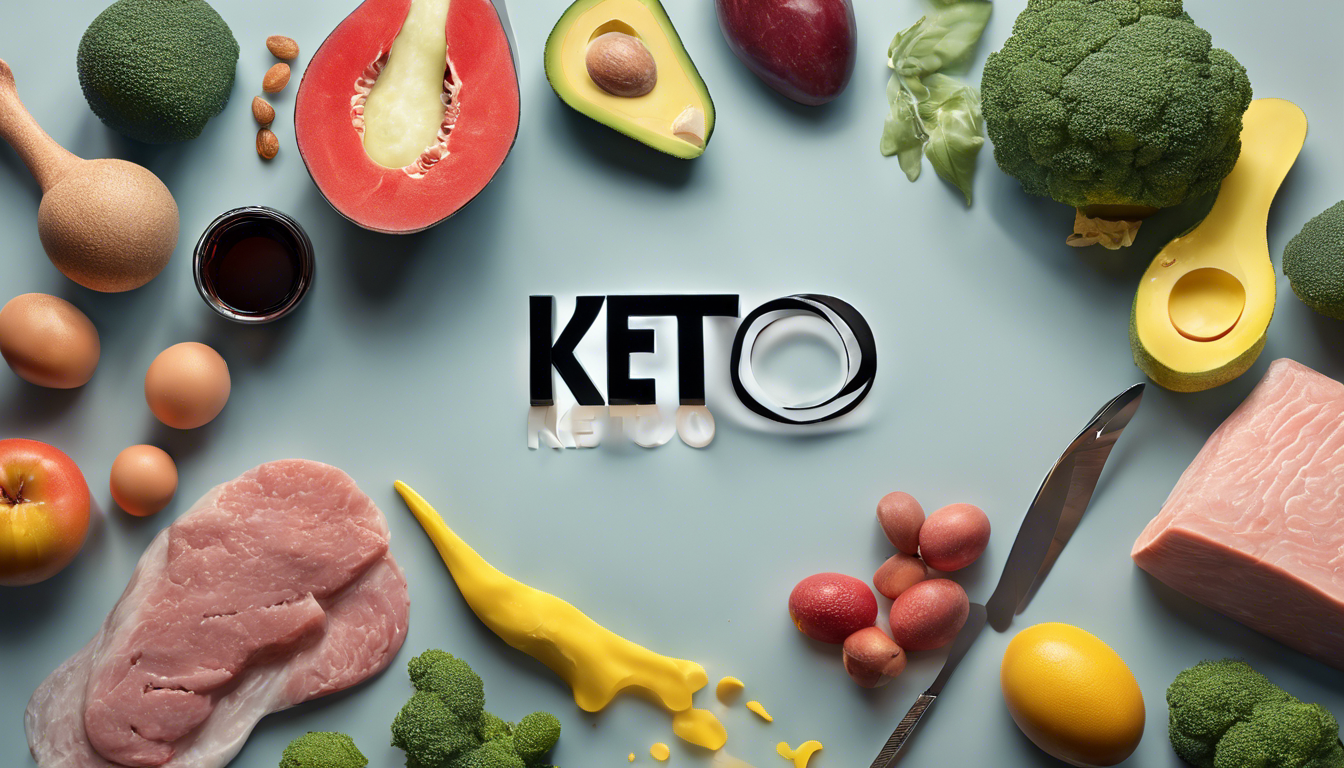
Many people are turning to the ketogenic diet as a way to improve their mental health. However, there are a lot of misconceptions and myths surrounding the relationship between keto and mental health. In this article, we will separate fact from fiction and provide you with accurate information and insights about specific aspects of the ketogenic diet.
The Basics of the Ketogenic Diet
The ketogenic diet is a high-fat, low-carbohydrate eating plan that has been shown to have various health benefits. It involves drastically reducing your carbohydrate intake and replacing it with fats. This metabolic state is known as ketosis, where your body starts using fats for fuel instead of carbohydrates.
How Does Keto Affect Mental Health?
There is growing evidence that the ketogenic diet can have positive effects on mental health. One of the key benefits is its ability to stabilize blood sugar levels, which can help regulate mood and energy levels. Additionally, the ketones produced during ketosis have been shown to have neuroprotective properties, potentially reducing the risk of neurological disorders and improving cognitive function.
Addressing Common Questions
Let’s clarify some common questions and myths surrounding keto and mental health:
-
Does keto cause mental fog or ‘brain fog’?
Some people may experience a temporary period of mental fog when transitioning to the ketogenic diet. That’s commonly referred to as the ‘keto flu’ and is a result of the body adapting to using fats for fuel. However, once the adaptation phase is over, many people report improved mental clarity and focus.
-
Can keto help with anxiety and depression?
While more research is needed in this area, preliminary studies suggest that the ketogenic diet may have a positive impact on anxiety and depression symptoms. By stabilizing blood sugar levels and reducing inflammation in the body, keto may contribute to improved mental well-being.
-
Is keto safe for everyone?
Like any dietary change, it’s important to consult with a healthcare professional before starting the ketogenic diet, especially if you have any pre-existing health conditions or are taking medications. Some people, such as those with certain metabolic disorders, may need to avoid or modify the diet.
The Practicalities, Benefits, and Challenges of Keto
While the ketogenic diet has its benefits, it also comes with challenges. The transition period can be difficult, as your body adjusts to a new way of fueling itself. Additionally, maintaining a state of ketosis requires strict adherence to the diet’s macronutrient ratios.
However, many people find that the benefits outweigh the challenges. Weight loss, improved energy levels, and better mental focus are just a few of the potential benefits of keto. It is important to remember that individual experiences may vary, and what works for one person may not work for another.
Overall, the ketogenic diet shows promise as a potential tool for improving mental health. However, it is important to approach it with caution and consult with a healthcare professional before making any significant dietary changes. By separating fact from fiction and understanding the practicalities of the ketogenic diet, you can make informed decisions about whether it is the suitable for gifting you.